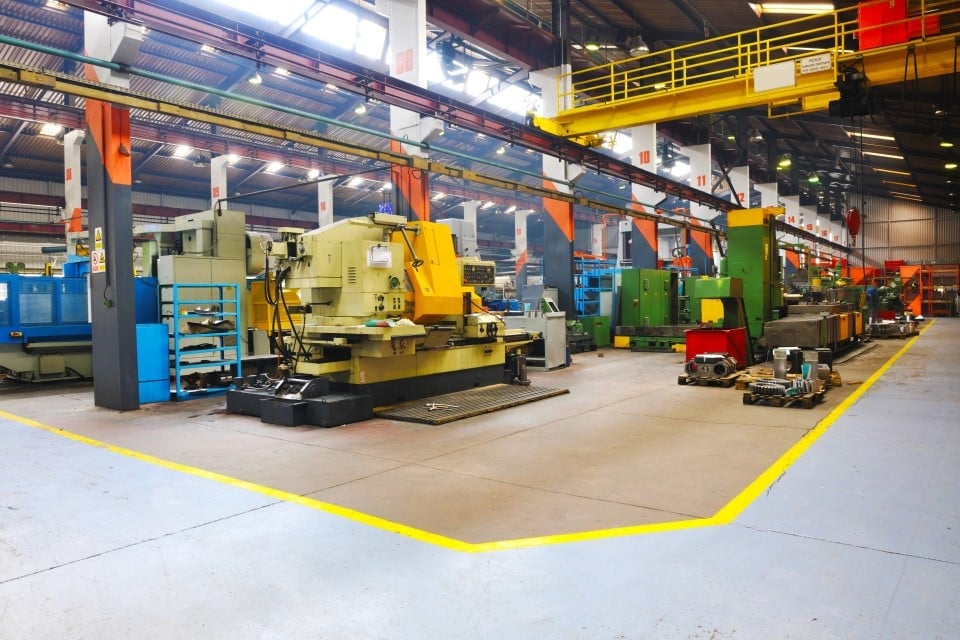Hydrogen in Industry: The key to decarbonization
Is your industrial organisation ready for the energy transition? Many Dutch industrial companies are facing increasing pressure to reduce energy consumption, driven not only by societal expectations but also by stricter regulations.
With the ambition to achieve climate neutrality by 2050 and a CO₂ reduction of 55% by 2030, the government expects companies to actively contribute to decarbonization. The question is: how can your business prepare and what role can hydrogen play in this?
What does decarbonization mean for your company?
Decarbonization—reducing CO₂ emissions—is a crucial step in the energy transition, with industry playing a pivotal role. Many industrial processes still rely on fossil fuels, making CO₂ reduction challenging. Hydrogen presents a compelling alternative because it produces no CO₂ when burned.
Suitable for high temperatures
Unlike electricity, hydrogen can be used in high temperatures processes, making it a viable option for replacing fossil fuels. It is a solution for companies with energy-intensive operations where electrification is insufficient or impractical.
Energy storage for continuous supply
While electricity remains a key energy source, the grid cannot always meet current and future demand, especially with increasing grid congestion. In areas where feeding electricity back into the grid is problematic, self-generated energy can often be better utilized directly or converted into hydrogen for storage. For industries with a constant energy demand and the need for flexibility, this is a significant advantage.

Self-sufficient or connected to the backbone
Hydrogen can be produced and used locally, but but in the near future it can also be delivered through the national hydrogen backbone—a government and industry initiative to ensure reliable supply. The option depends on factors like your company’s size, location and specific energy needs. For example, if your organisation is near an industrial cluster, such as the Port of Rotterdam or Chemelot, there is a possibility that you can access the hydrogen backbone. In other regions, local production might be more attractive. Regional initiatives like Smart Energy Hubs can also present valuable opportunities for your business to utilize hydrogen.
What does hydrogen require from your production processes?
Hydrogen has different properties compared to natural gas, necessitating modifications to your processes. If you use gas-fired equipment or furnaces, burners or other components may need to be replaced to ensure compatibility with hydrogen. This also applies to safety measures, as hydrogen behaves differently from natural gas, requiring specific adjustments to burners or systems. By thoroughly addressing these technical and safety considerations, you can ensure a smooth and secure transition to hydrogen.
